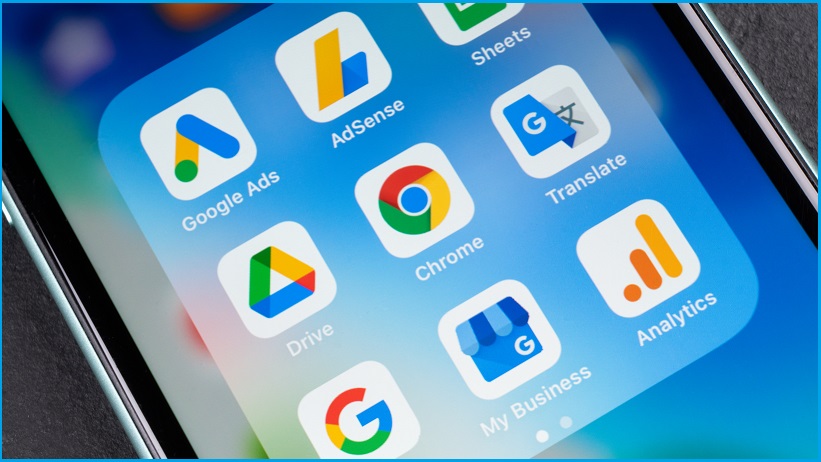People tired of living in the Google-dominated online world will have the chance to air their grievances, as the ACCC takes submissions for an investigation into whether consumers have been disadvantaged by tech vendors specifying Google as their default search engine.
An interim report of the ongoing Digital Platform Services Inquiry, due to be delivered in September, will evaluate the submissions made in response to a newly published issues paper that explores “the extent to which consumer harm can arise from the design of default arrangements” and solicits new ideas to “facilitate competition and improve consumer choice in the supply of general search services and, potentially, web browsers.”
That choice had been degraded by the broad industry use of Google as a default search engine, whether through pre-installation on “nearly all Android devices” or by design on Apple devices thanks to a reported payment of up to $15b ($US12b) from Google.
Apple is said to be exploring ways to break this linkage by either building its own search engine or, as has been mooted, buying privacy-advocate favourite DuckDuckGo.
In the meantime, the Australian government will be exploring options to potentially force device and software makers to offer more options to consumers.
“We know that, in general, setting a default option substantially increases the likelihood that consumers and businesses will stick with that option,” ACCC chair Rod Sims said in announcing the issues paper and call for submissions.
“The relationships between suppliers, through vertical integration or contractual arrangements, may impact the supply of search services and browsers to Australians,” Sims continued, saying the agency “would like to hear from consumers and businesses about the impact of the pre-installation of services and default settings on devices on their use of these services.”
The ACCC – which is accepting submissions through April 15 – is also keen to hear thoughts about “how the design of user interfaces on devices, such as widgets, search bars, and the steps required for a consumer to change a default search service, can affect how consumers use these services.”
The search for a better search
The importance of bringing more choice to consumer devices and services came into sharp focus after Facebook recently blocked Australians from accessing or sharing news stories on its platform – one-upping a Google campaign that had also challenged the government’s efforts to address its cosy market dominance.
With its new investigation, the ACCC is explicitly looking for alternatives to Google’s ‘choice screen’ – an alternative, implemented in European markets in response to European Commission (EC) antitrust action, that lets consumers choose other search engines on their Android devices.
That approach – which presents users with three alternatives determined by the results of quarterly country-based auctions – has been widely slammed by alternative search operators including DuckDuckGo, Lilo, Qwant and others, who said in an open letter to the EC that they were “deeply dissatisfied with the so-called remedy created by Google”.
A recent analysis found that the auction-based process was dominated by obscure, marketing-based search engines while overlooking better, less cashed-up alternatives – and that Google’s search engine market share had barely changed after the introduction of the screen.
The ongoing saga is reminiscent of the US government’s antitrust case against Microsoft in the late 1990s, when it alleged that the bundling of Microsoft’s Internet Explorer into the Windows operating system was perpetuating a monopoly and shutting out alternative software providers.
Its settlement was a watershed moment in the evolution of desktop operating systems – and is now being replayed in today’s cloud-based computing ecosystem.










